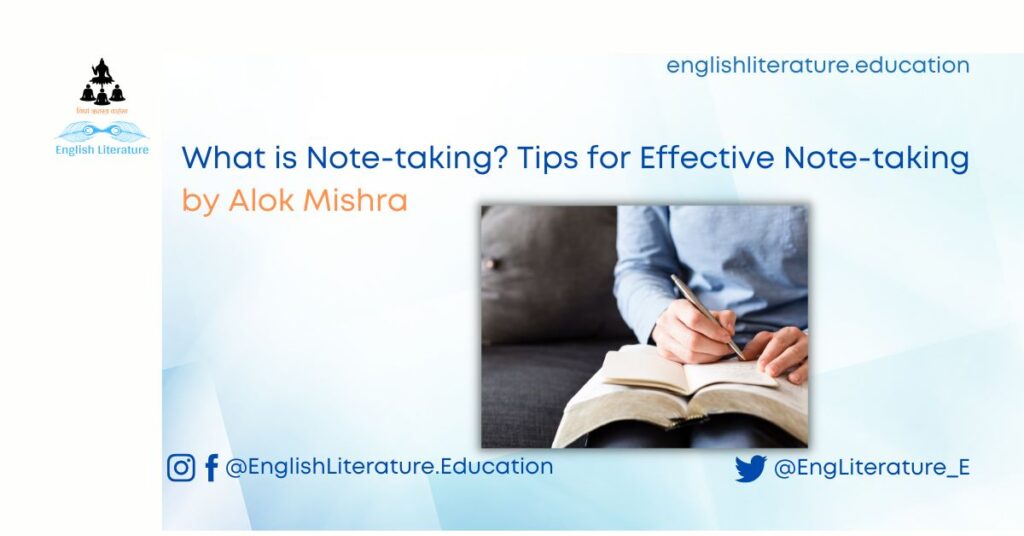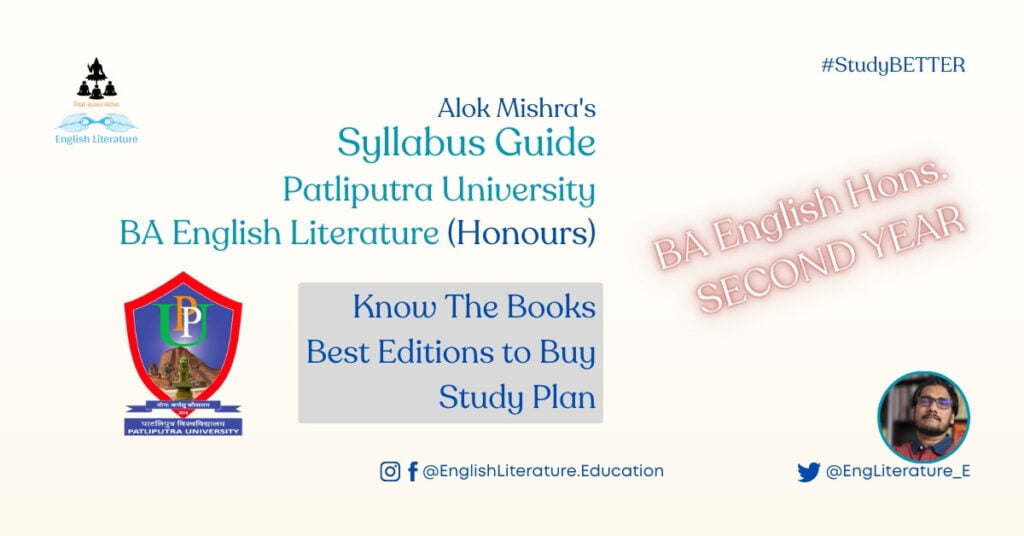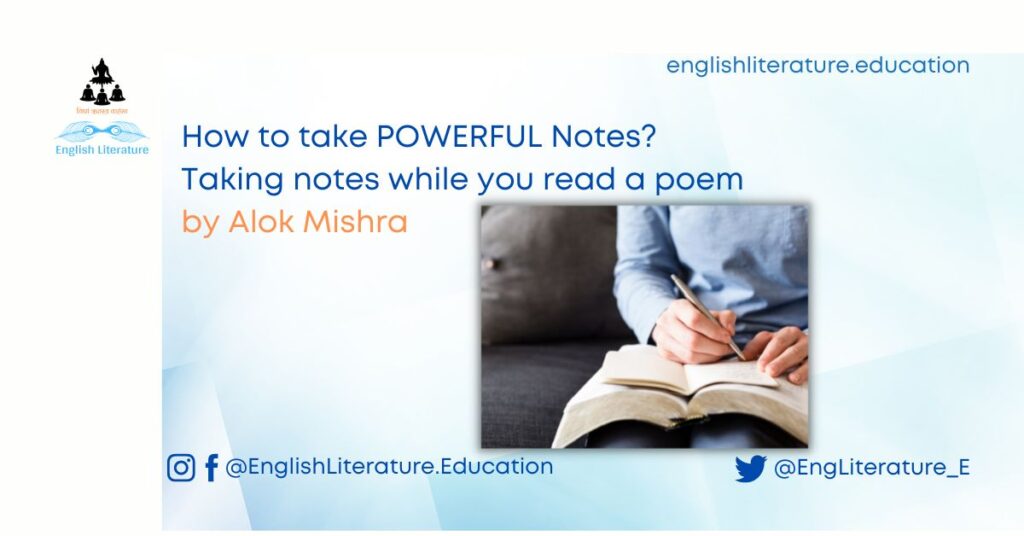UGC NET English Literature examination, these days organised by NTA (National Testing Agency), has always been a tough nut to crack for the students. There are obvious reasons. However, leaving the concept of its being tough behind, we have to move ahead and understand the new syllabus. And the coming examinations will be organised on the basis of this new syllabus which will be enforced 2019 onward. Though it doesn’t reflect changes which are visible, we do have to have a comparative look – whether it’s changed or not. For that, we will compare the syllabus which was deemed to be the standard to be followed by a student who is aspirant of NET examination with the syllabus which has been published as ‘new’. And then, we will also ponder on the books which will be helpful for the aspirants.
Old Syllabus:
When we take a close look at the syllabus which was there before this ‘new’ syllabus appeared, we find a few clear facts.
* An aspirant has to master the entire history of English literature
* An aspirant has to study the popular literature (prose and poetry) thoroughly
* An aspirant has to have an idea of the plots and themes of almost every known (or unknown) works of English literature (original as well as translations)
* An aspirant has to be an expert in literary criticism and literary theories
* An aspirant has to be well-versed in understanding the literary text and critically examine it
* An aspirant has to be aware (how much?) about English literature outside England (how wide-how far?)
* An aspirant has to have complete command over rhetoric and prosody
For the reference of readers, old and new, both syllabuses are available for download. You can download them from the links given at the end of this article.
New Syllabus:
A careful examination of the ‘new’ syllabus will bring out that we are not looking anything new at all! Yes, the terminology might seem a little different. The actual newness that this new syllabus reflects comes in the form of the following:
Unit –V: Language: Basic concepts, theories and pedagogy. English in Use.
Unit –VI: English in India: history, evolution and futures
Unit –VII: Cultural Studies
&
Unit –X: Research Methods and Materials in English
(I have only added the Units which are supposedly new.)
Now, the questions were already being asked in the NET English examinations from these units. There was, however, no official hint that questions might be asked from these sections of literary studies. One exception might be the inclusion of research methods and materials in English. Still, we could see rare questions from this unit in the past. Questions from the other three ‘new’ units were there in the third paper. Yes, in the name of change, we can find a note. The note is:
“NOTE: The first four units must also be tested through comprehension passages to assess critical reading, critical thinking and writing skills. These four units will cover all literatures in English.”
One can only whine how can somebody prove his or her writing skills in an objective mode of examination! Previously, a passage-based comprehension test was there in the third paper of the NET English Literature question. And the last line of the note is nothing lesser than thunderbolt – the shining sword of Zeus that can strike the ambitions within minutes. What does this phrase ‘all literatures in English’ mean? Alok Mishra, founder of English Literature Education, will discuss that in a video very soon.
So, in the name of change, we cannot see very much apparent in the ‘new’ syllabus. We should say that UGC has decided to accept what is already happening. Now that the inclusion of these units has become official, students will have to craft a new and effective strategy. We will discuss the ‘new units’ in brief. We will also know about the useful books that will assist the aspirants with their preparations.
Tips & Analysis:
Unit –V: Language: Basic concepts, theories and pedagogy. English in Use: This unit will focus on English as a language. Learning and teaching English, both become important in this section. As an aspirant, one should learn more about the techniques of teaching English. The focus should also be on understanding the emergence of English as a language, historically and also in the contemporary period. The theories associated with the English Language, the formation of words, borrowings, similarities etc. should also be the areas of study.
Buy the Books: (links open in new tab)
A History of the English Language – buy on Amazon
Pedagogy of English – buy on Amazon
Unit –VI: English in India: history, evolution and futures: This was also there. However, as the clear indication was not there in the public domain, aspirants could not prepare for this unit whole-heartedly. In this unit, aspirants will have to answer questions based on the condition of the English language in India. English teaching in India, English as a second language in India, rise and evolution of English in India. Aspirants should focus on teaching English as a second language (in India) and problems associated with it.
Buy the Books:
The Story of English in India – buy the book
Unit –VII: Cultural Studies: The aspirants have already been answering questions from this section. Like previous ‘new’ units, this is also just a formal acceptance by UGC that there are also questions from the social and cultural background of different ages in the history of English literature. Acts, bills, legislation, Church orders, reigns of Kings and Queens, discoveries and many other things related to the English society are the important aspects that an aspirant has to keep in mind.
Buy the Books:
English Social History – buy on Amazon
English Social and Cultural History – buy on Amazon
Unit –X: Research Methods and Materials in English: This is something that was a part of Paper I in the NET English literature examinations before. It might continue to be so as well. However, the inclusion of this Unit in the Paper II syllabus confirms that the aspirants have to take it seriously. One has to be aware of the procedure of conducting research and writing thesis. There are many books to assist the aspirants in this field.
Buy the Books:
Research Methods for English Studies – buy on Amazon
So, guys, this is my analysis of the changed syllabus of UGC NET English Literature examination (organised by NTA). I have studied the question papers of the previous years. I don’t think the new syllabus will reflect a drastic impact on the question paper. However, the one thing that must change is an aspirant’s attitude. One has to be very careful with the preparations. As per the new rules, you should also focus on the first paper. If you score 70 to 80 marks in the first paper, clearing NET becomes easy for you. And in the second Paper, you should focus on your strength. You can pick the units and prepare systematically as well as cleverly. You should not waste your time studying what you don’t know. You should focus on what you can master!
I will be back with other articles on NET English Literature very soon!
Alok Mishra for English Literature Education




4 Comments. Leave new
Described well sir. Thank You
When we are making strategies to pass an examination, the first thing we need to cover is the understanding of the syllabus. Especially, when it comes to NET examination it becomes more important. Because this exam is a bit tougher than other ones, it requires the depth of knowledge and patience to read such volumes of books.
The way you write the article here it shows and delivers all the things what an aspirant is looking for. And English literature is really a tough subject to cover and make yourself prepared for objective questions.
The new syllabus is a kind of mix bag for us. If any certain portion is our strength then we can back that because it is surer that questions are coming from that section. But, still, these things come in my mind that nothing has changed we need to study all the things in detail. And thanks to you for coming out with this informative article to explain the syllabus in detail and further suggesting us to read specific books.
Really a nice and helpful article to understand the new syllabus in a better way. You have raised some genuine questions as well about the circular and conducting of the examination. It is not a changed syllabus. I was also wondering whether something really new has been included. Thanks for the useful post and clarifications!